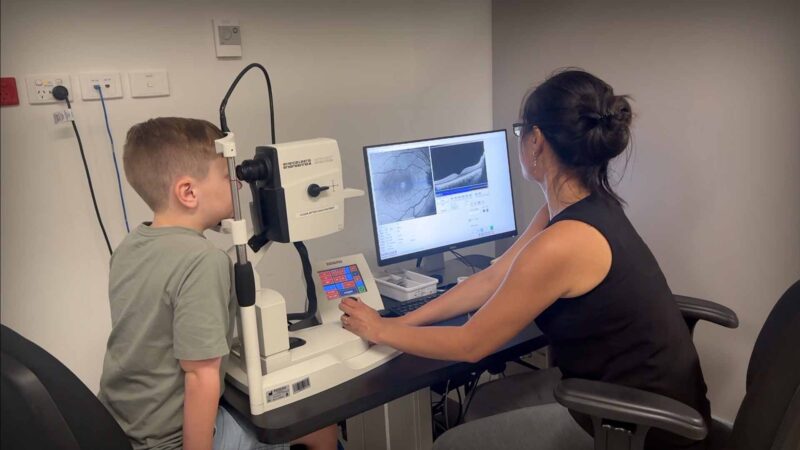MUSCLE CELL COMMUNICATION AND REPAIR
With
Dr. William Roman
Group Leader,
Australian Regenerative Medicine Institute (ARMI)
Monash University, Melbourne, Australia
RESEARCHER PROFILE
Filmed in Melbourne | April 2025
Dr. William Roman is a Group Leader at the Australian Regenerative Medicine Institute (ARMI) at Monash University. He obtained his PhD from Paris Descartes University and Freie University of Berlin, focusing on nuclear positioning during skeletal muscle development. Dr. Roman’s research journey has taken him across the globe, including postdoctoral work in Barcelona, tissue engineering in Lisbon, and a brief stint at Stanford University.
At ARMI, Dr. Roman leads innovative research on intercellular communication within muscle organs. His work involves growing human muscles on chips to understand how skeletal muscle cells interact with neurons and tendons. This research aims to develop better models for studying muscle diseases, drug screening, and even applications in cellular agriculture and biorobotics.
Dr. Roman’s recent breakthrough in muscle repair mechanisms, independent of stem cells, has potential implications for preserving muscle function in exercise, diseases, and aging. His lab employs cutting-edge techniques such as cell biology, tissue engineering, and spatial transcriptomics.
In recognition of his groundbreaking work, Dr. Roman was awarded the prestigious 2024 Metcalf Prize for Stem Cell Research, highlighting his significant contributions to the field of regenerative medicine.
Dr Roman’s research has been funded by the Baker Foundation, Australia’s NHMRC and more recently the National Stem Cell Foundation.
Source: Supplied and supplemented
You Might also like
-
Genetics of the choroid and impact on eye health
Dr Samantha Lee is a Senior Research Fellow at Lions Eye Institute and the University of Western Australia. Dr Lee obtained her PhD in 2017 and the Queensland University of Technology and has since been working on the genetics and environmental causes of various eye diseases, with a focus on glaucoma and myopia. She has published 57 full-length scientific papers and her work has been cited over 1,000 times. She serves on the Editorial Board for the journal BMC Ophthalmology and Scientific Reports, and on the Research Advisory Committee for the Ophthalmic Research Institute of Australia.
-
Forensic psychiatry research in the setting of the justice system
Prof Kimberlie Dean is Head of the Discipline of Psychiatry and Mental Health at UNSW. She was appointed to the inaugural Chair in Forensic Mental Health at UNSW in 2011, a joint appointment with Justice Health NSW. She also holds a Clinical Academic appointment as a Consultant Forensic Psychiatrist with Justice Health NSW. She is Academic Program Director for the Masters Forensic Mental Health at UNSW.
-
Dr Jade Murray
DR JADE MURRAY, POSTDOCTORAL RESEARCH FELLOW
TURNER INSTITUTE FOR BRAIN AND MENTAL HEALTH, MONASH UNIVERSITY
VICTORIA, AUSTRALIA



